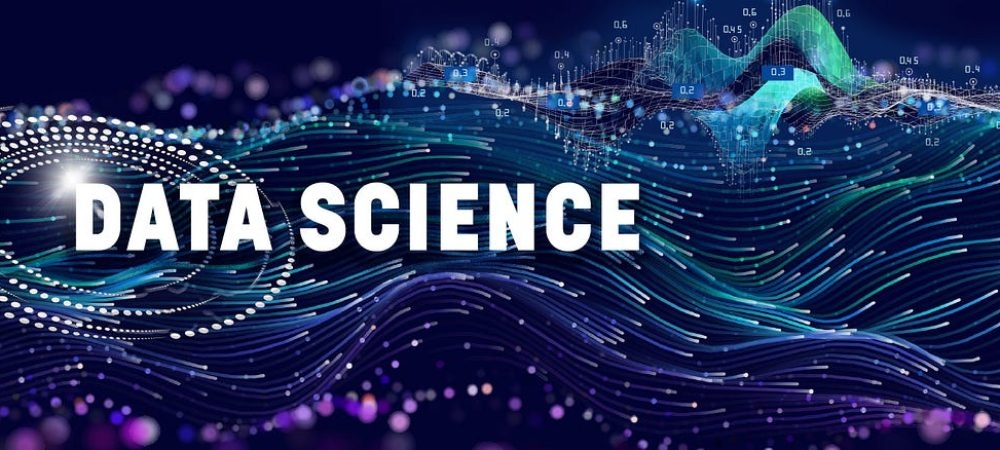Applying Data Mining Techniques to Address Water Scarcity in Chennai

Chennai, the capital of Tamil Nadu, has long battled water scarcity due to a combination of erratic rainfall, overdependence on monsoon, and over-extraction of groundwater. In recent years, the water crisis in the city has intensified, impacting daily life and economic activities. As traditional water management methods fall short, technology is stepping in to bridge the gap. One of the most promising tools in this direction is data mining—a subfield of data science that involves discovering patterns, correlations, and insights from large datasets. By applying data mining techniques learnt in Data Science Course in Chennai, policymakers and urban planners can better manage water resources, forecast shortages, and plan sustainable solutions.
Understanding the Root Causes of Water Scarcity
The city’s rapid urbanisation has led to a reduction in natural recharge zones such as lakes, ponds, and marshlands. At the same time, the increasing population has spiked demand for domestic and industrial water consumption. Seasonal rainfall variability due to climate change further complicates matters.
Traditionally, decision-making regarding water management was based on historical trends and manual record-keeping. However, the complexity and dynamic nature of the issue demand a more robust, data-driven approach. This is where data mining techniques become crucial.
What Role Does Data Mining Play?
When applied to water resource management, it can assist in several ways:
-
Predictive Modelling: Data mining helps forecast future water availability based on historical rainfall data, temperature patterns, and usage behaviour. This allows authorities to make proactive decisions rather than reactive ones.
-
Pattern Recognition: Identifying patterns in groundwater depletion, consumption trends, and leak detection can lead to optimised usage and early warning systems.
-
Cluster Analysis: This technique segments regions of the city based on water usage, supply levels, and stress zones. It allows for customised policies rather than a one-size-fits-all approach.
By integrating data from weather stations, satellite imagery, urban water usage statistics, and social media reports, data mining provides a holistic view of the water ecosystem in Chennai.
Key Applications in Chennai’s Water Ecosystem
Several practical applications are being explored in Chennai to combat water scarcity using data mining:
-
Leakage Detection in Pipelines: With the help of sensor data and mining algorithms, engineers can identify where leaks are likely to occur in the distribution system. This reduces water loss and increases operational efficiency.
-
Groundwater Monitoring: Data mining techniques help monitor groundwater levels and predict areas likely to face depletion. This allows for timely restrictions or alternate water supply measures.
-
Rainwater Harvesting Analysis: By mining data on rainfall intensity, rooftop sizes, and soil absorption rates, authorities can suggest optimal rainwater harvesting designs for different zones.
-
Smart Irrigation Planning: Agriculture is a major consumer of water in the region surrounding Chennai. Data-driven insights help plan irrigation schedules and crop patterns, reducing unnecessary water usage.
Empowering Professionals through Data Science Education
As the demand for tech-driven water solutions grows, so does the need for skilled professionals who can implement these technologies effectively. A well-designed Data Science Course equips individuals with essential skills such as data mining, machine learning, and geospatial analysis—all crucial for environmental applications. Participants learn how to process large datasets, build predictive models, and create actionable insights that have real-world impact.
Courses often include case studies relevant to local challenges, such as water scarcity, air pollution, and waste management. This practical exposure makes students industry-ready and capable of contributing to sustainable development goals.
Challenges and the Way Forward
While data mining offers immense potential, several challenges must be addressed for its effective application:
-
Data Availability and Quality: Many government records are outdated or fragmented. A centralised data infrastructure is needed.
-
Technical Expertise: There’s a shortage of professionals who can interpret data accurately and design suitable interventions.
-
Policy Integration: Insights from data mining must be translated into policies and actions. This requires collaboration across municipal bodies, tech firms, and academic institutions.
To tackle these issues, upskilling the workforce is vital. Enrolling in a Data Science Course not only opens career avenues but also empowers learners to solve critical problems affecting the city's future. Whether through government projects or private initiatives, data-savvy professionals will play a key role in implementing sustainable water strategies.
Conclusion
Water scarcity in Chennai is not a challenge that can be resolved overnight. However, with the intelligent use of data mining techniques, there is hope for building a more resilient and efficient water management system. By forecasting shortages, optimising distribution, and informing better policy decisions, data mining is revolutionising the way the city approaches its water issues. Equipping local talent through a Data Science Course in Chennai ensures that the next generation of professionals is ready to contribute to this mission. In the years to come, technology and education will work hand in hand to ensure that Chennai moves from crisis to sustainability.
- Questions and Answers
- Opinion
- Motivational and Inspiring Story
- Technology
- Live and Let live
- Focus
- Geopolitics
- Military-Arms/Equipment
- Segurança
- Economy
- Beasts of Nations
- Machine Tools-The “Mother Industry”
- Art
- Causes
- Crafts
- Dance
- Drinks
- Film/Movie
- Fitness
- Food
- Jogos
- Gardening
- Health
- Início
- Literature
- Music
- Networking
- Outro
- Party
- Religion
- Shopping
- Sports
- Theater
- Health and Wellness
- News
- Culture

